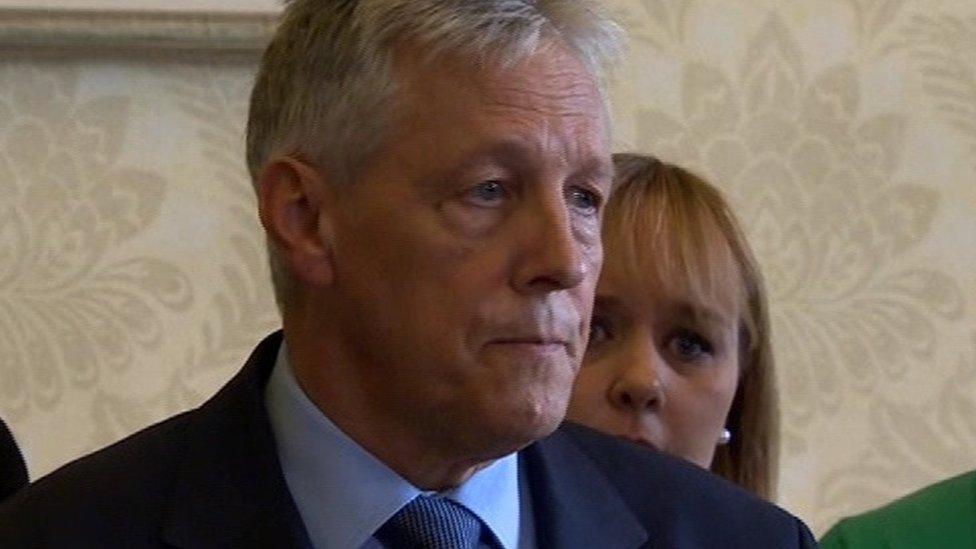Stormont crisis: Paramilitary monitoring body may 'mend stalled talks'
- Published
Secretary of State Theresa Villiers said serious consideration needs to be given to re-establishing a body like the Independent Monitoring Commission
Establishing a new body to monitor paramilitary activity in Northern Ireland could help mend the stalled peace process, Theresa Villiers has said.
The Northern Ireland Secretary told the House of Commons that the situation in Northern Ireland was "very grave".
But the DUP leader Peter Robinson called her words "a holding statement".
Her "commitment to respond to concerns in the coming days" would delay talks, he said.
In her Commons statement, Ms Villiers said relationships between the political parties had "almost completely broken down."
"The brutal murders of Gerard Davison and Kevin McGuigan Sr have brought into sharp focus the continuing problems around the existence of paramilitary organisations in Northern Ireland and the involvement of some of their members in criminality and organised crime," Ms Villiers told the House of Commons.
"Serious consideration needs to be given to whether the time is right to re-establish a body along the lines of the Independent Monitoring Commission (IMC).

The story of Stormont's crisis
Stormont's political upheaval was sparked by allegations that Provisional IRA members were involved in the murder of Kevin McGuigan Sr
Row erupted after a senior Sinn Féin member was arrested as part of the inquiry into Mr McGuigan's death. He was later released without charge
Northern Ireland First Minister Peter Robinson stepped aside; all but one of his Democratic Unionist Party ministers resigned
Finance Minister Arlene Foster is now acting first minister

She said the government would also look at ways to support efforts to tackle organised crime and cross-border crime in Northern Ireland.
But she added it was also vital to address the differences blocking the implementation of the Stormont Agreement.
"Without welfare reform and steps to tackle in-year budget pressures, there is a real danger that executive departments could start running out of money," she said.
The Democratic Unionist Party (DUP) has said it is only prepared to attend more talks "in the right circumstances."
But Sinn Féin has warned the government against preconditions for the talks.
Sinn Féin MLA Conor Murphy said there should be no delays or preconditions in beginning all-party talks.
"These talks should begin immediately," he said.
"If people are not prepared to go into those talks, the only other option is an election. This is a farcical situation and it is becoming worse by the day."
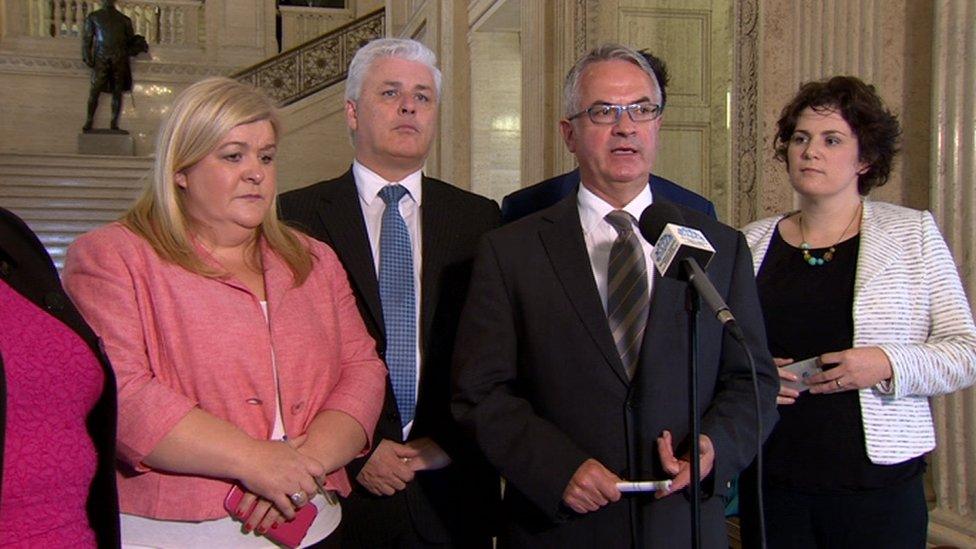
The SDLP said the government should send out the message that there is no compromise on the Good Friday Agreement
Ulster Unionist leader Mike Nesbitt said: "The words uttered in the Commons today don't really move us forward very much. But it is a process and we are keen to see a resolution."
Alex Attwood, SDLP, said: "There must be no unilateral action by the British government in order to dig out the DUP from where they find themselves."
"Let the government send out the message that there is no compromise on the Good Friday Agreement or the rule of law and, if we proceed on that basis, then those who have held up these talks and held up this island might not continue to prevail.
"Let the talks begin."
Ms Villiers plans to resume her discussions with the five main Stormont parties on Wednesday.
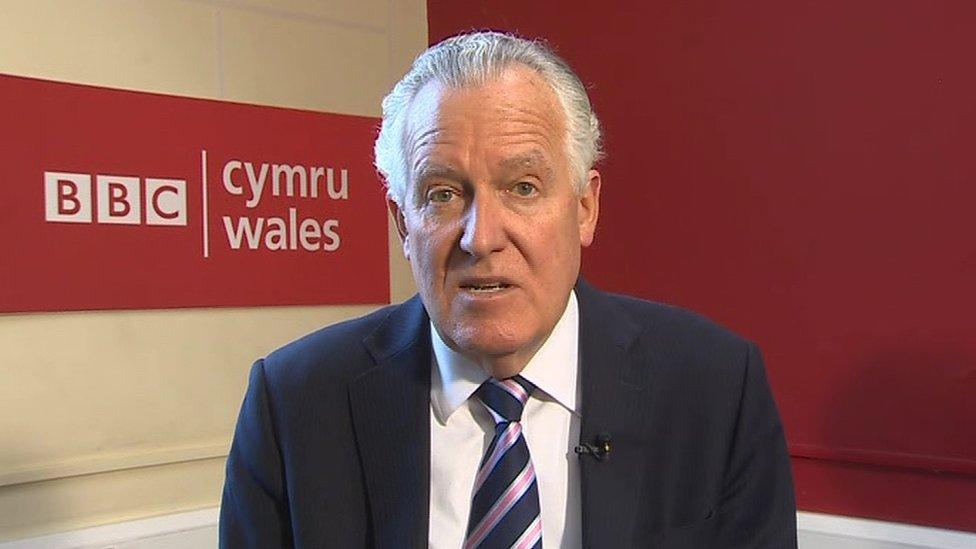
Mr Hain criticised PSNI Chief Constable George Hamilton
Meanwhile, a former Northern Ireland secretary has criticised the chief constable over the police investigation into the murder of Kevin McGuigan Sr.
Interviewed for Tuesday's BBC Spotlight programme, Peter Hain contrasted George Hamilton's handling of the arrests of three leading republicans with the performance of his predecessor, Hugh Orde.
He described last year's arrest of Sinn Féin president Gerry Adams as "ham fisted and clumsy".
He also questioned the manner in which Bobby Storey - Sinn Féin's northern chairman - and two other leading republicans were arrested.
They were questioned and then released without charge over Kevin McGuigan Sr's murder.
Mr Storey's arrest intensified the political crisis in Northern Ireland.
Mr Hain said he wondered if those arrests had been as carefully and sensitively handled as they might have been under Hugh Orde. He said he thought it was not the way that a chief constable should be conducting affairs.
"Arresting a chairman of Sinn Féin, as opposed to somebody involved in criminal activity, is very serious and was bound to cause the repercussions that it did amongst the unionist community," he said.
In response, Mr Hamilton said: "PSNI understand that there is very significant public interest in the ongoing murder investigations and the possible impact that our actions and commentary may have on the current political situation.
"We have however been clear from the outset of these investigations that we would follow the evidence unfettered by political commentary and consequence."
- Published14 September 2015
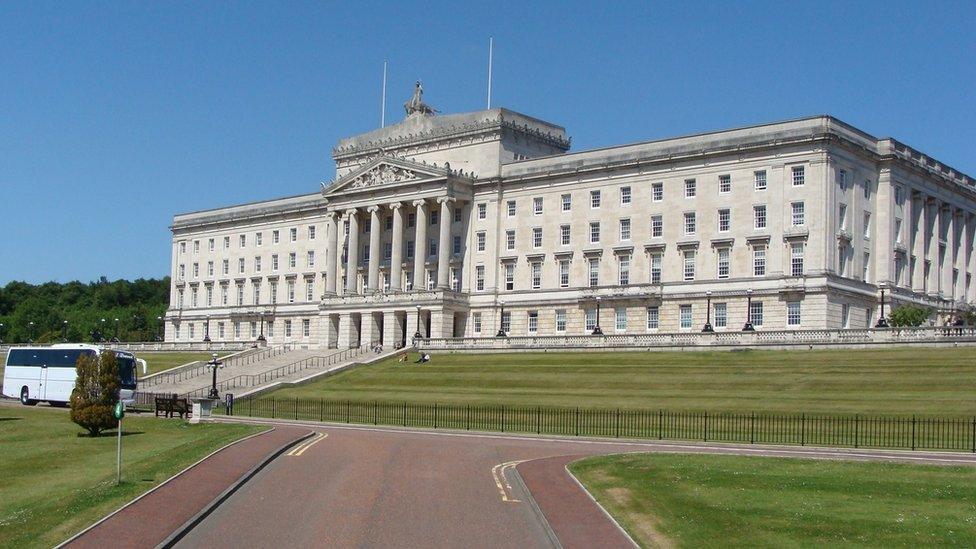
- Published13 November 2015
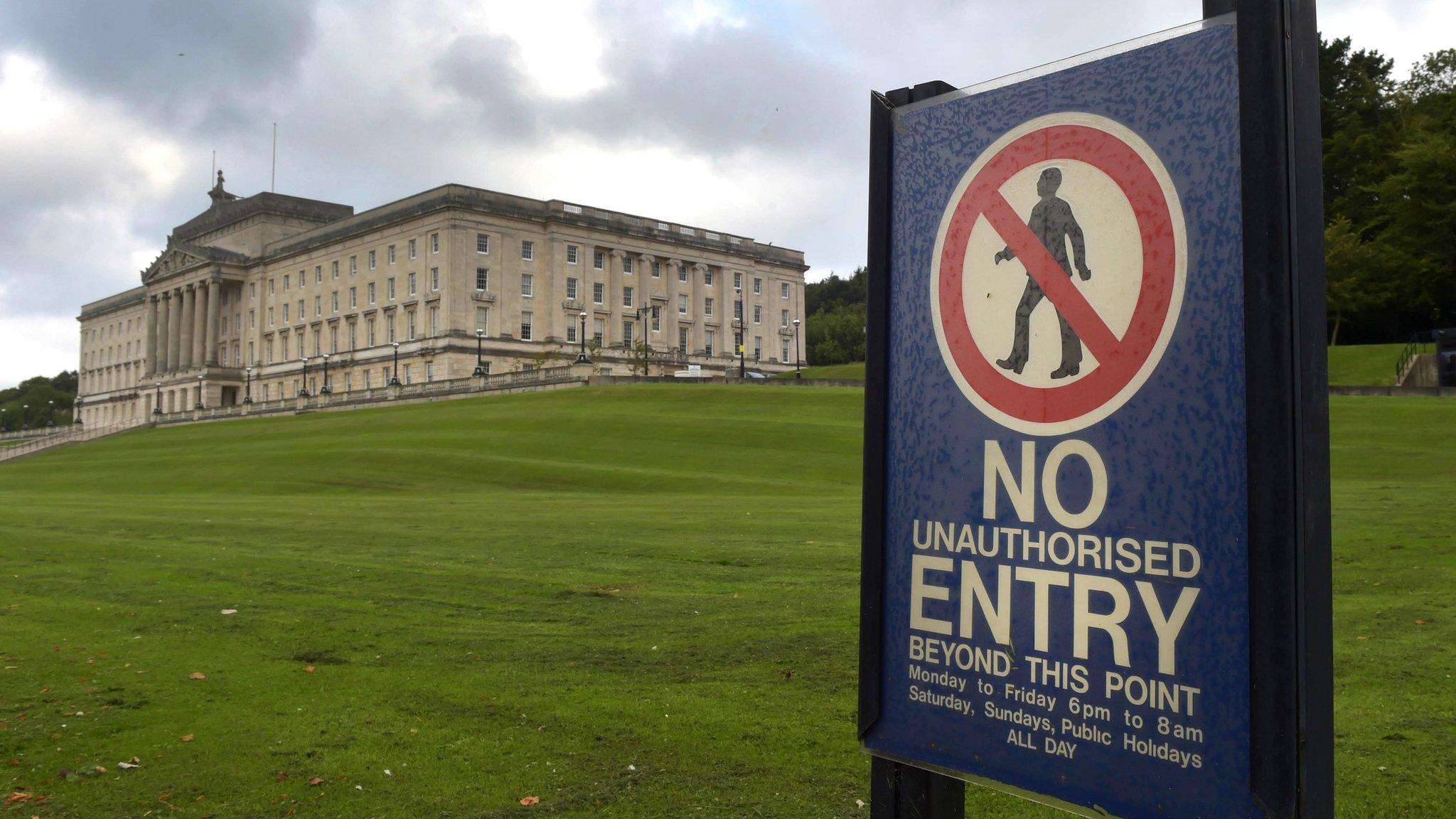
- Published13 September 2015
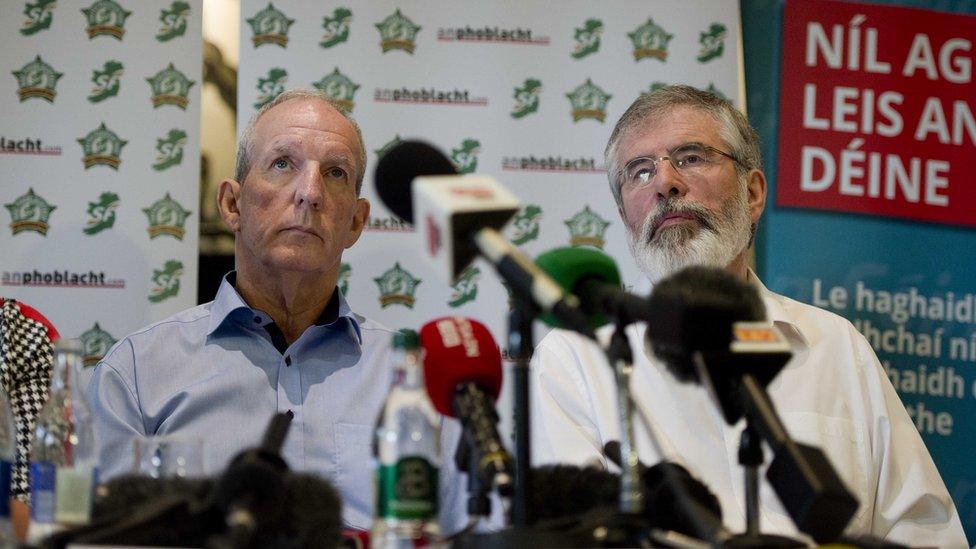
- Published11 September 2015
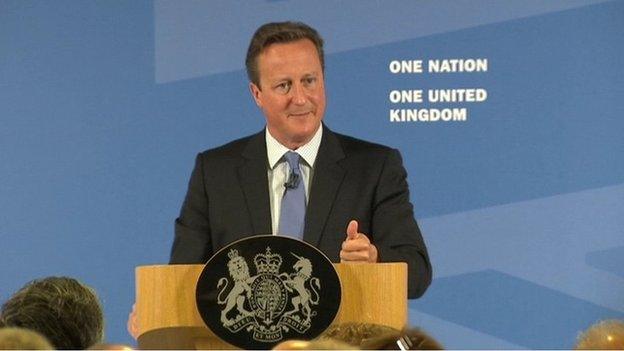
- Published10 September 2015
